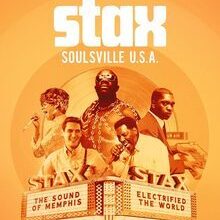Power
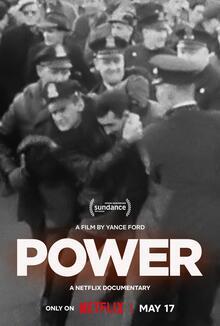
Power
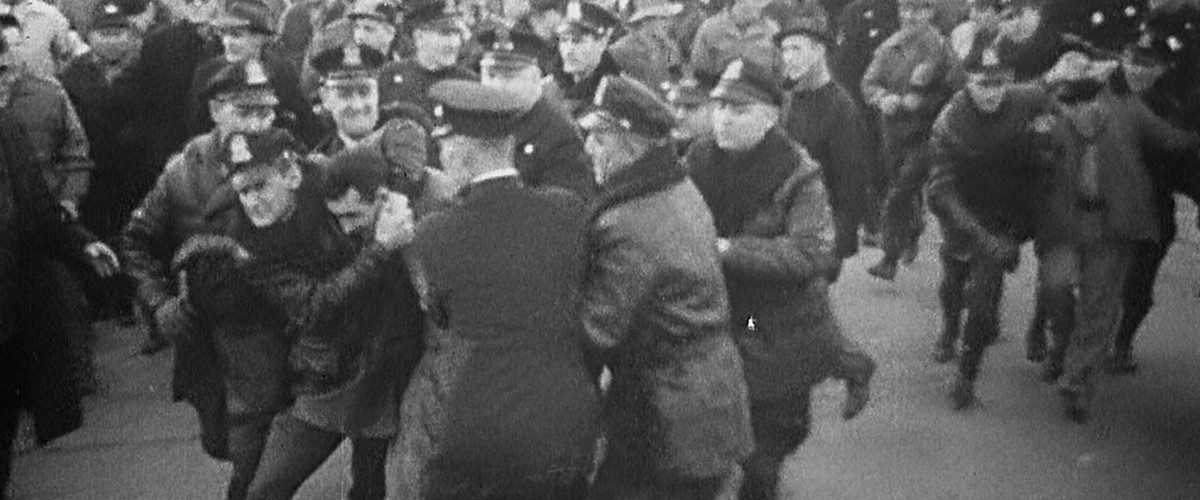
Now streaming on:
JustWatch
Police brutality is a subject that never seems to leave the news. There’s too many instances, too many stories from around the country pointing to a larger abuse of state-sanctioned power. Some headlines bubble up to national attention, even those that don’t will leave marks on the community where it happened. In “Power,” documentarian Yance Ford pauses today’s top stories for a moment of reflection to ask: how did we get here?
Ford, who investigated his brother’s murder in the achingly personal “Strong Island,” takes a much more distant approach than in his previous film. This time, he’s off-screen, but very much present narrating the journey through this multifaceted issue. As a parade of academics, journalists, and police officers past and present unpack the images that have become too familiar, Ford uses their voices to illustrate just how deeply entrenched the problem is in our nation, retracing the origins of policing to back to the 19th century when the military oversaw the indigenous population for the sake of white settlers, slave patrols monitored the movement of Black people, and deputized groups battled back striking lower class workers.
The documentary continues to show the evolution of policing, how wartime influenced police tactics, how after slavery ended Black Codes gave white citizens the power to arrest their Black neighbors, all of these small tangents that led to where we are today. Through straight to camera interviews, professors explore the various philosophical and sociological reasons why Black communities were treated differently and how that treatment was justified, how white privilege played a role in allowing once persecuted populations like Irish and Italian Americans the chance to move up in the social hierarchy by joining the ranks of those that once terrorized their communities, the effect of using violence as a tool for control and how it tips into fascism that may threaten our democracy.
In addition to the many scholars and experts interviewed, Ford follows Charlie Adams, a Black member of Minnesota’s police force who struggles with the shortcomings of his profession and is affected by the violence he’s witnessed in his line of work. He adds a personal perspective I haven’t seen covered elsewhere on this topic. Adams gives a measured testimony, wavering between the emotional stories of young children losing their life to gun violence and matter-of-factly explaining the history of his line of work. Through Adams, we get a firsthand account of how the justice system is failing Black children, and how supporting other Black officers on the force has cost him professionally. He acknowledges things need to change but remains in the line of duty perhaps in hopes that he will see some of those changes.
Throughout “Power,” Ford asks thought provoking questions to his audience and even to some of the expert lecturers. When one of the speakers declares “we” allowed police to get away with brutality, Ford pushes back, asking who does “we” refer to? Our present-day selves did not sign off on centuries of inequality, it is something we have inherited. In another portion, Ford blurs or blots out some of the more fatal police footage. Do you need to see the moment of death to believe it? In another moment, he features a clip of a 1950s-style police officer hugging his family as the audio of an incident of police brutality plays in the background, creating a jarring sense of cognitive dissonance between the images we have seen of police in the media versus the footage of brutality police would rather the public not see.
The documentary is rich in archival material to match the speakers’ insights, highlighting their findings and supporting their research. Ford shows clips from propaganda like the Ben Gazzara-narrated “The Police Film” and footage of the now-public riot-squashing drills that form the basis of the similarly chilling documentary “Riotsville, U.S.A.” He digs as far back as photographs from the Spanish American War, silent films about criminals, and countless newsreels to show the deep roots of this topic. Ford also brings in images of present-day surveillance, the eerie “eye-in-the-sky” view that allow for even more unfettered access to private citizens, signaling the future of policing.
The goal of “Power” is to call police brutality into question, not put it on trial. It feels like a primer, a crash course for those who didn’t know and more food for thought for those who do know of its dangers and its harrowing legacy in this country. The documentary falls into the recent trap of breaking up the narrative into chapters, sometimes titled like “counter surgency” or “violence work” to highlight keywords in an upcoming speaker’s quote as if it were outline notes from a class lecture. It’s unnecessary because Ford smoothly structures the flow from one subtopic to the next, quickly explaining things like qualified immunity, the political groundswell that ballooned police funding, and the failures of policies like Stop and Frisk. It’s a heavy and immense topic, one that Ford carefully dissects in pieces so that this audience learns something new about this centuries-old issue.
On Netflix on May 17th.

Monica Castillo
Monica Castillo is a critic, journalist, programmer, and curator based in New York City. She is the Senior Film Programmer at the Jacob Burns Film Center and a contributor to RogerEbert.com.
Now playing
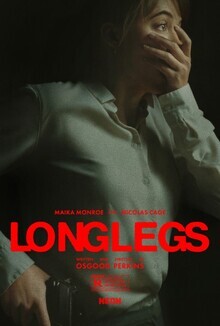
Longlegs
Brian Tallerico

Mother, Couch!
Robert Daniels
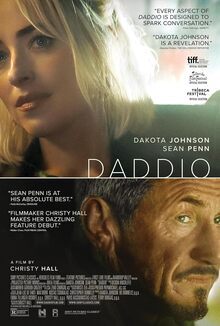
Daddio
Sheila O’Malley
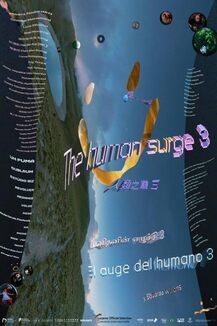
The Human Surge 3
Carlos Aguilar

The Devil’s Bath
Simon Abrams
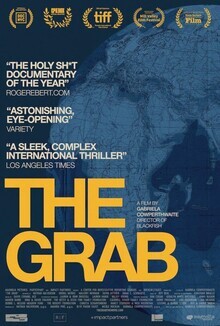
The Grab
Simon Abrams
Film Credits
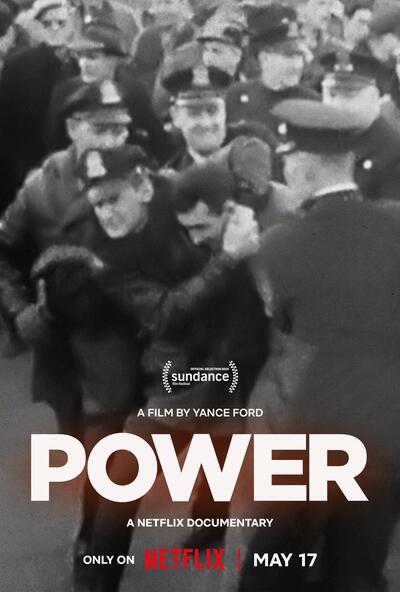
Power (2024)
85 minutes
Director
- Yance Ford
Writer
- Ian Olds
- Yance Ford
Latest blog posts
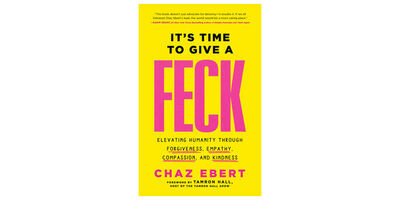
Chaz Ebert Calls for Candidates and Elected Officials to Give a FECK and Pledge to Restore Civility to Political Discourse
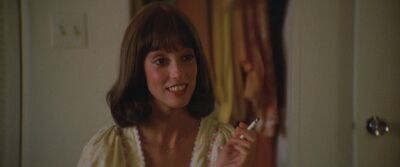
Shelley Duvall’s Five Best Performances
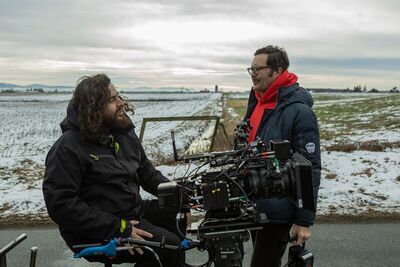
Osgood Perkins Wants to Rattle You with Longlegs
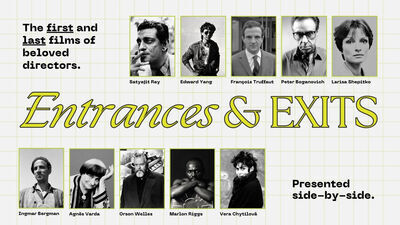
The Gene Siskel Film Center Celebrates the First and Last of Famous Filmmakers with their Entrances & Exits Series
Comments
comments powered by Disqus

